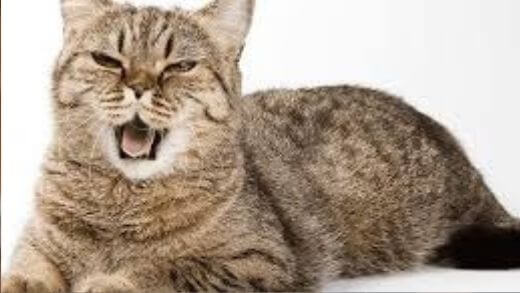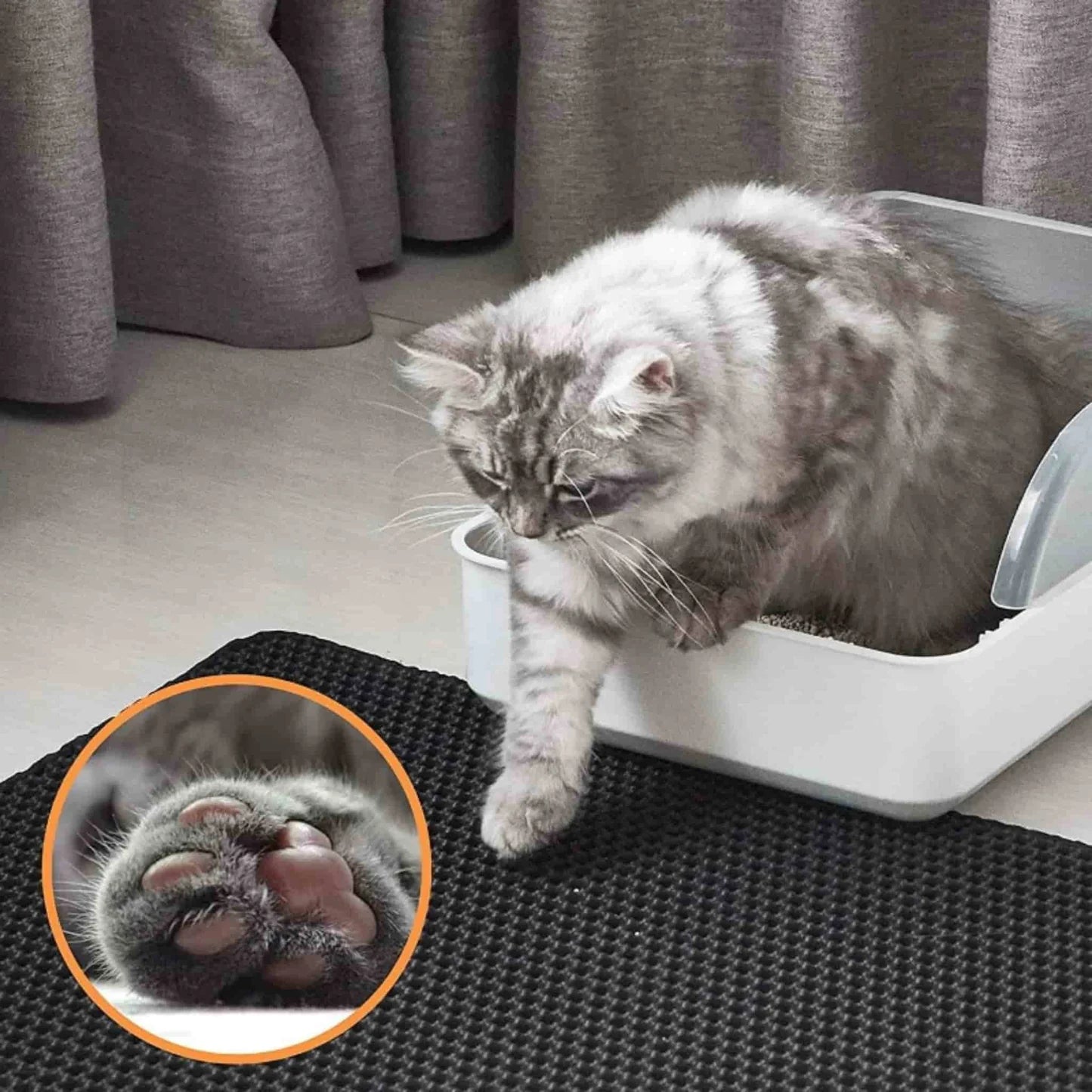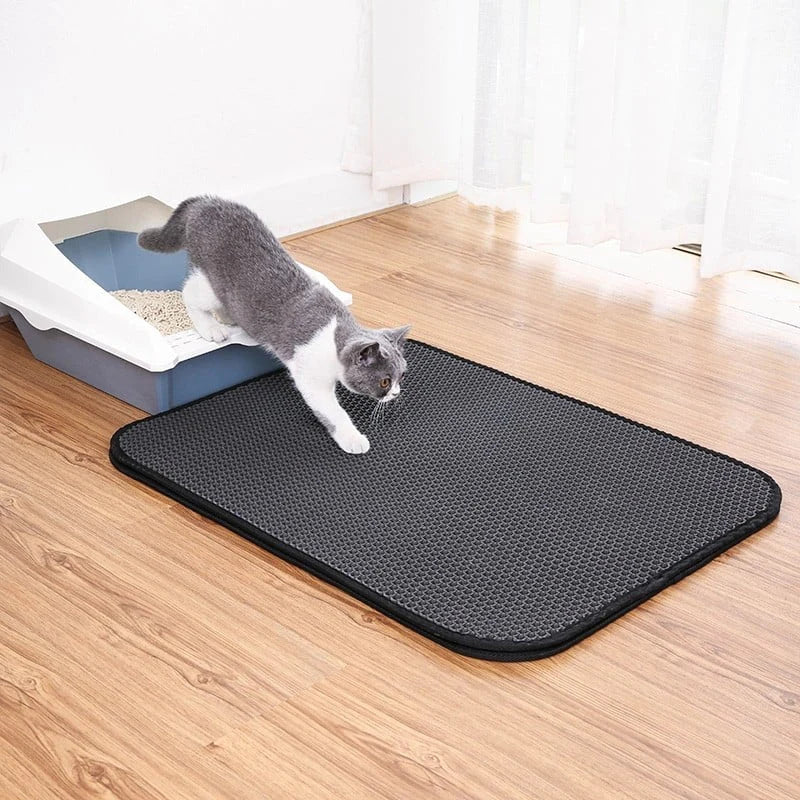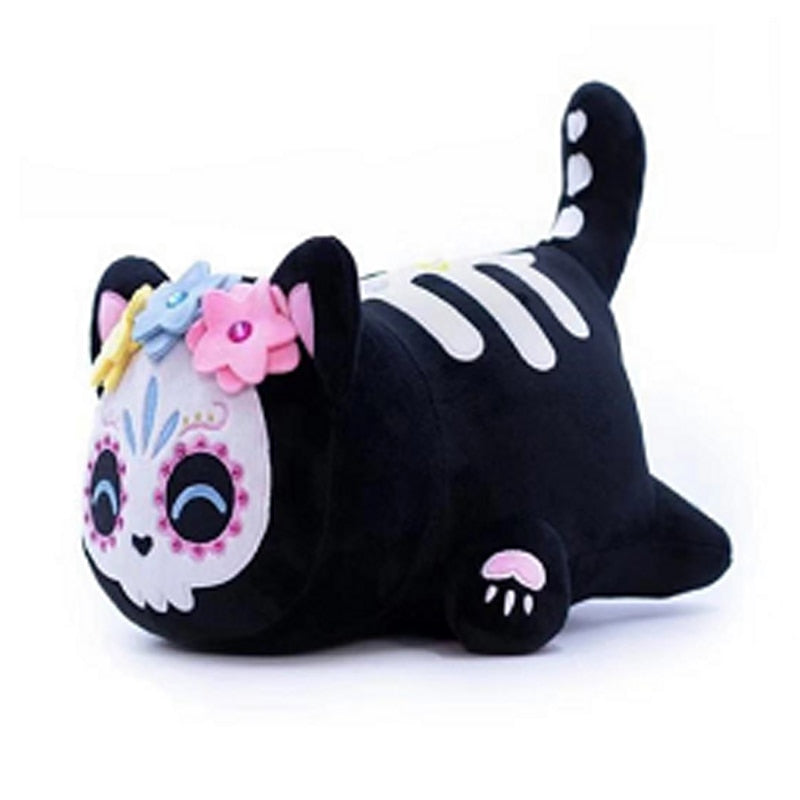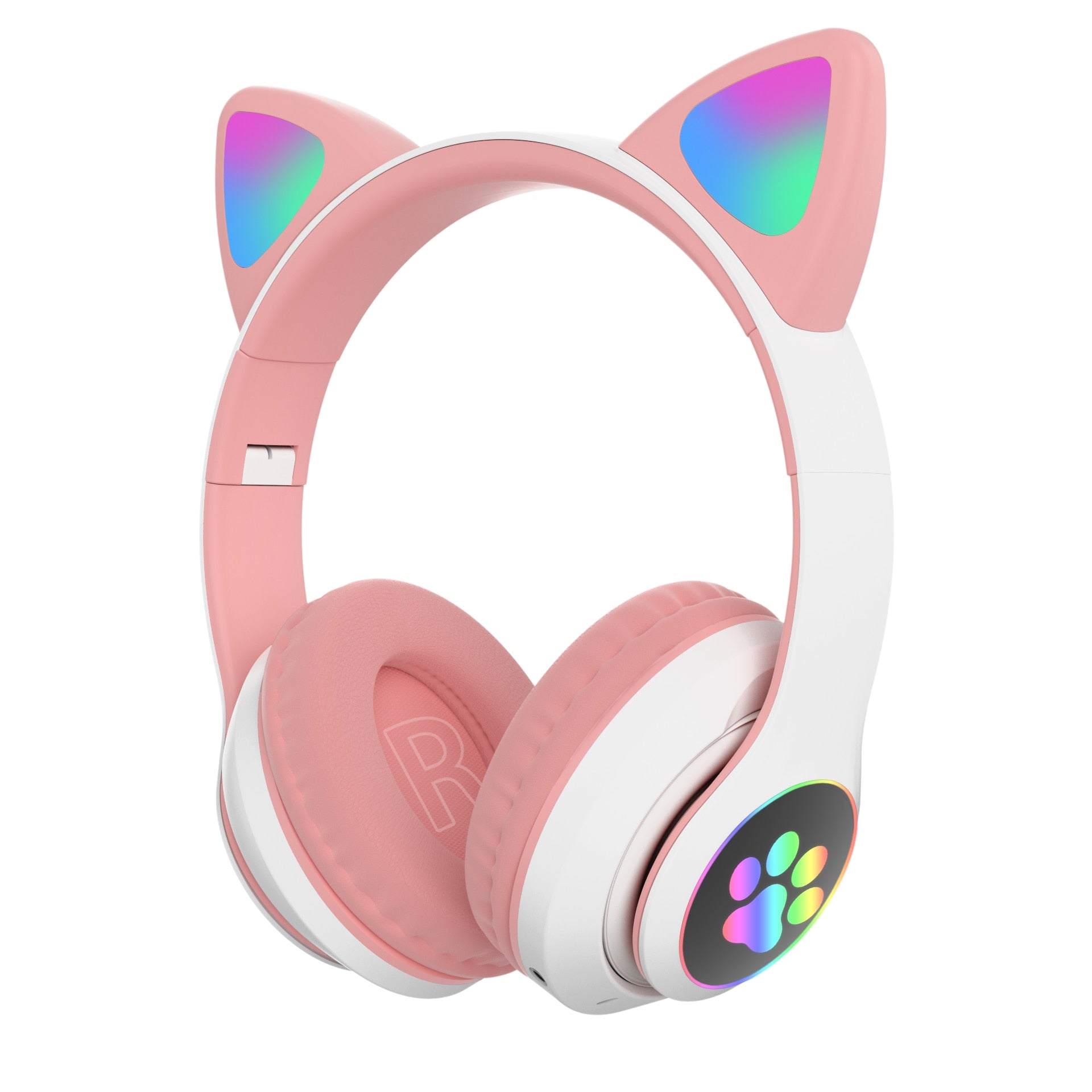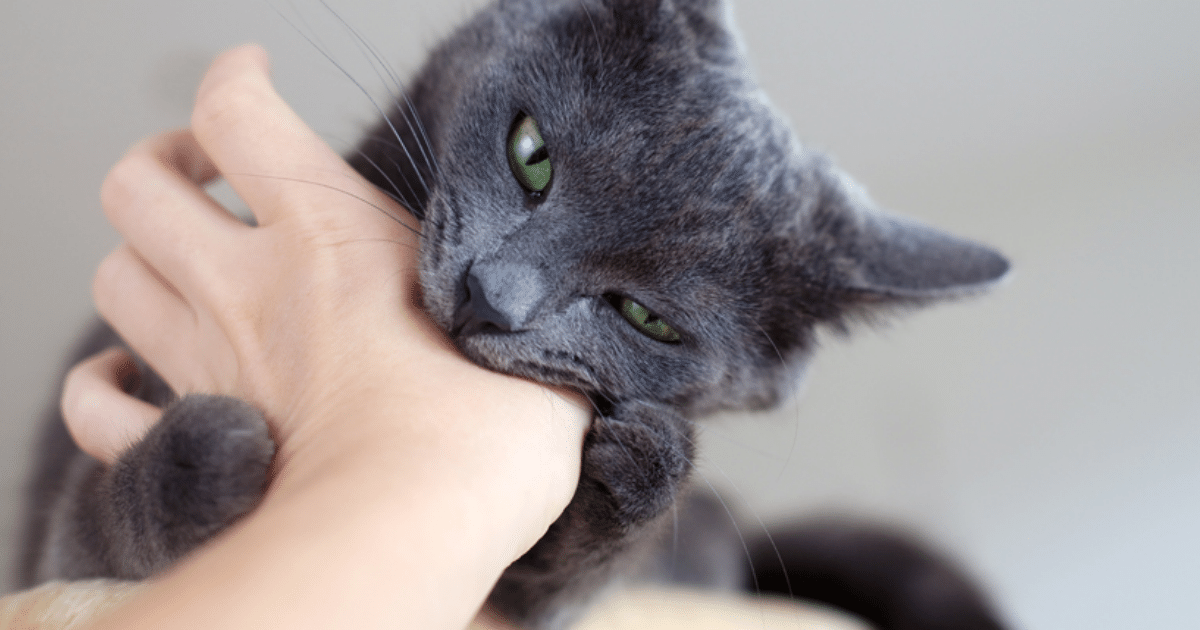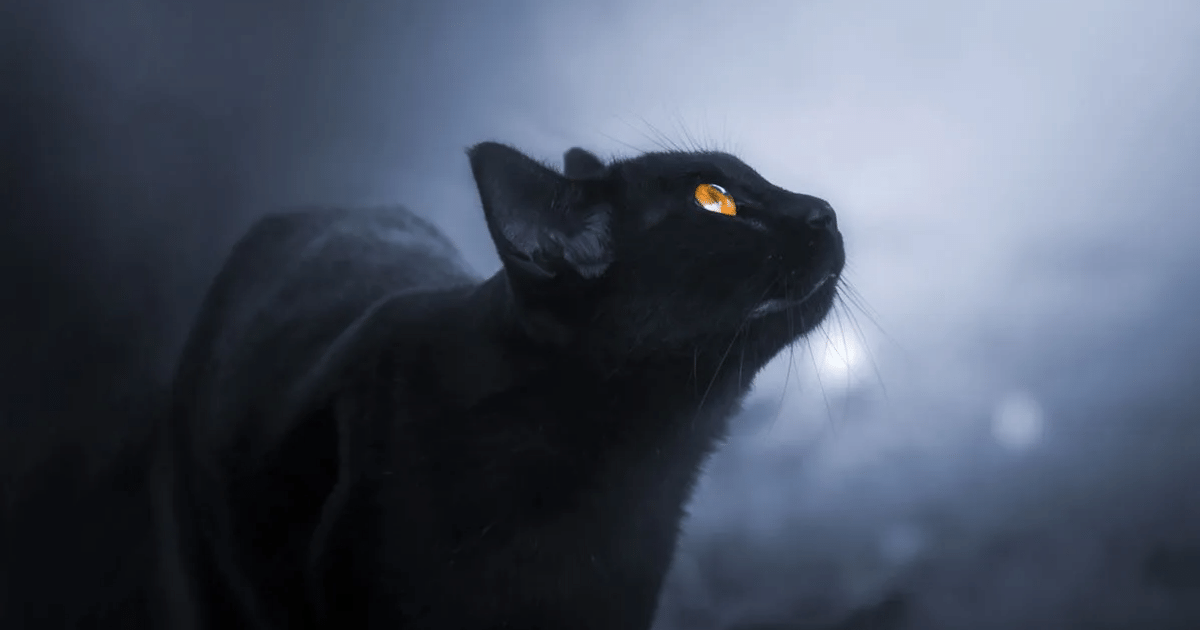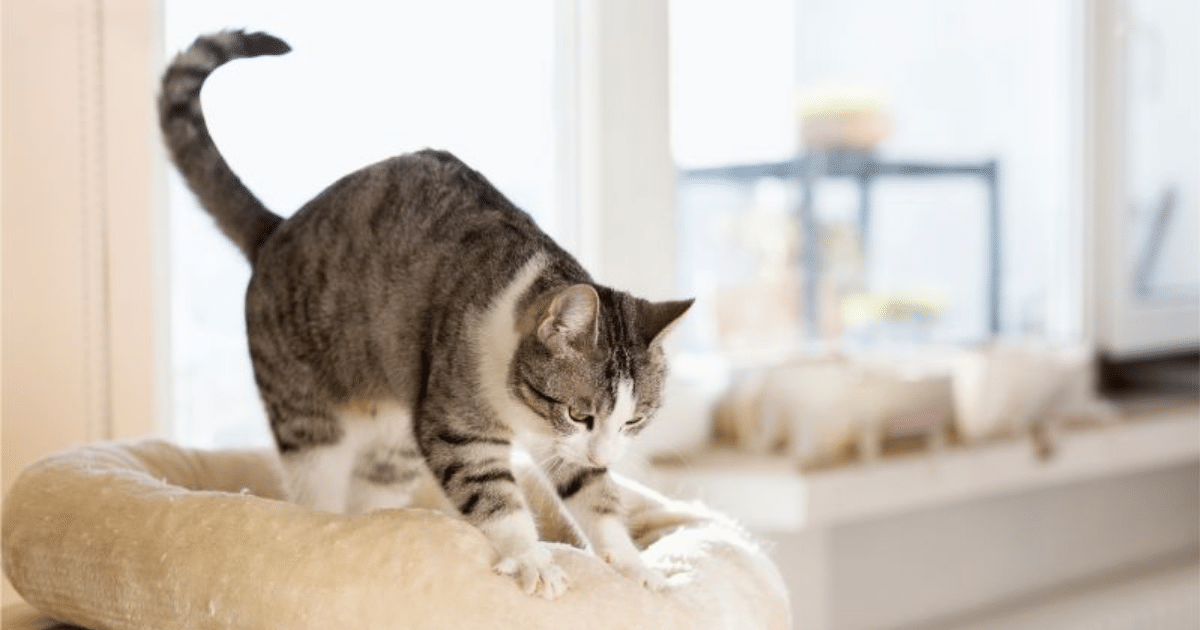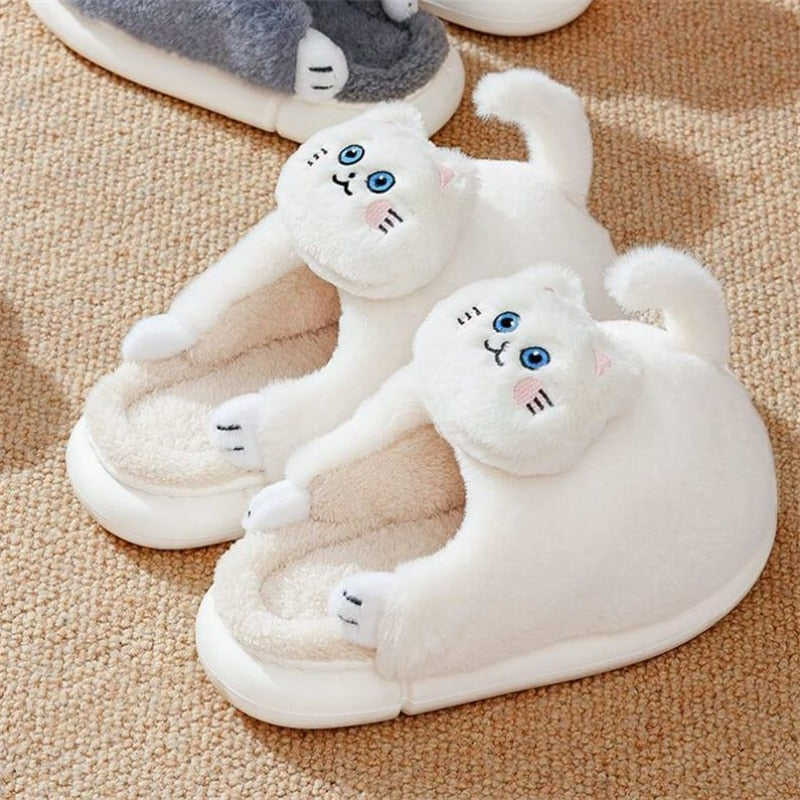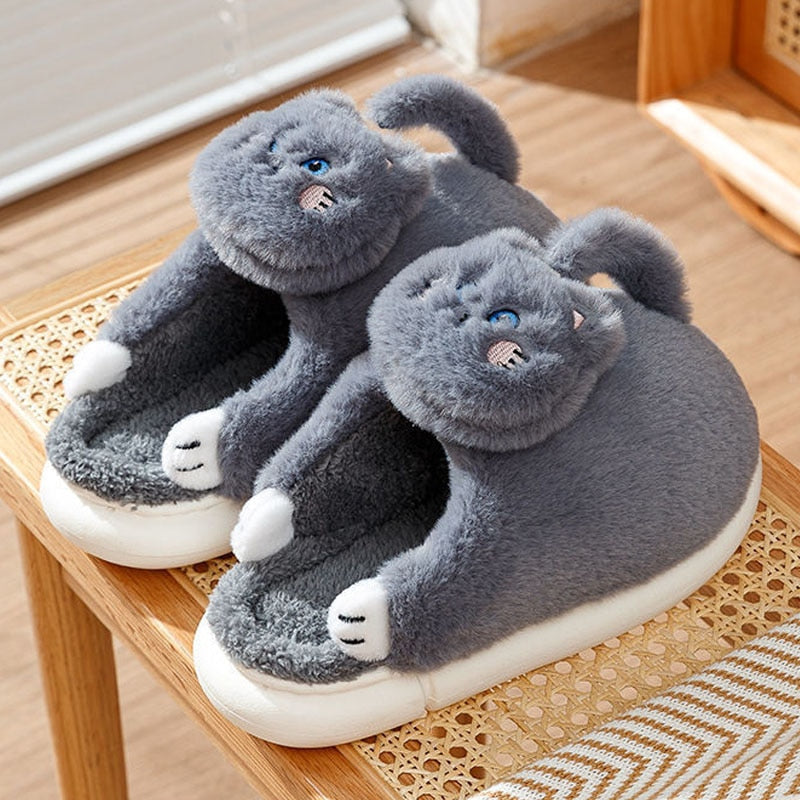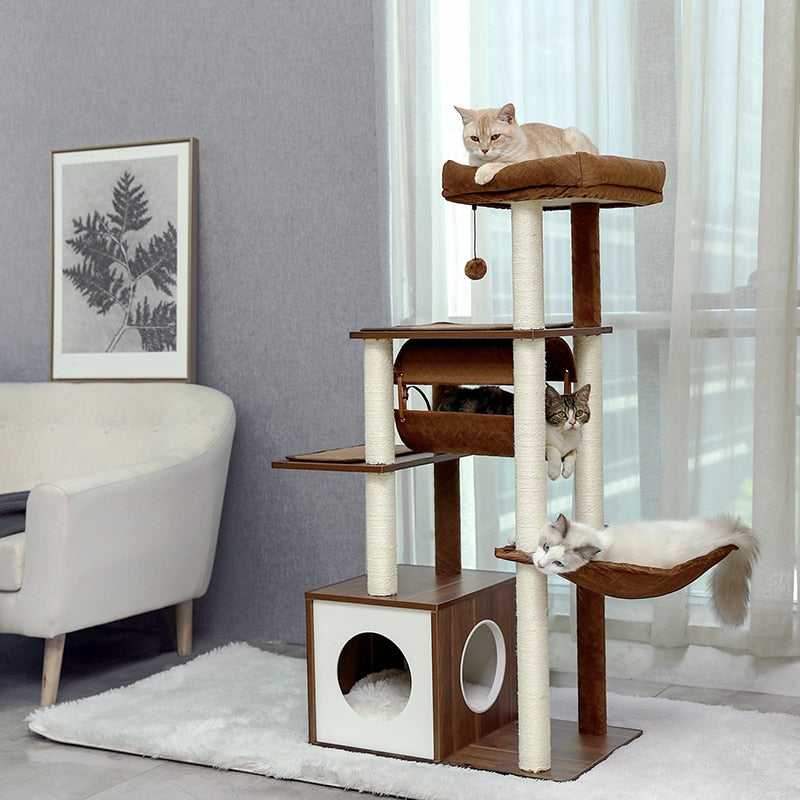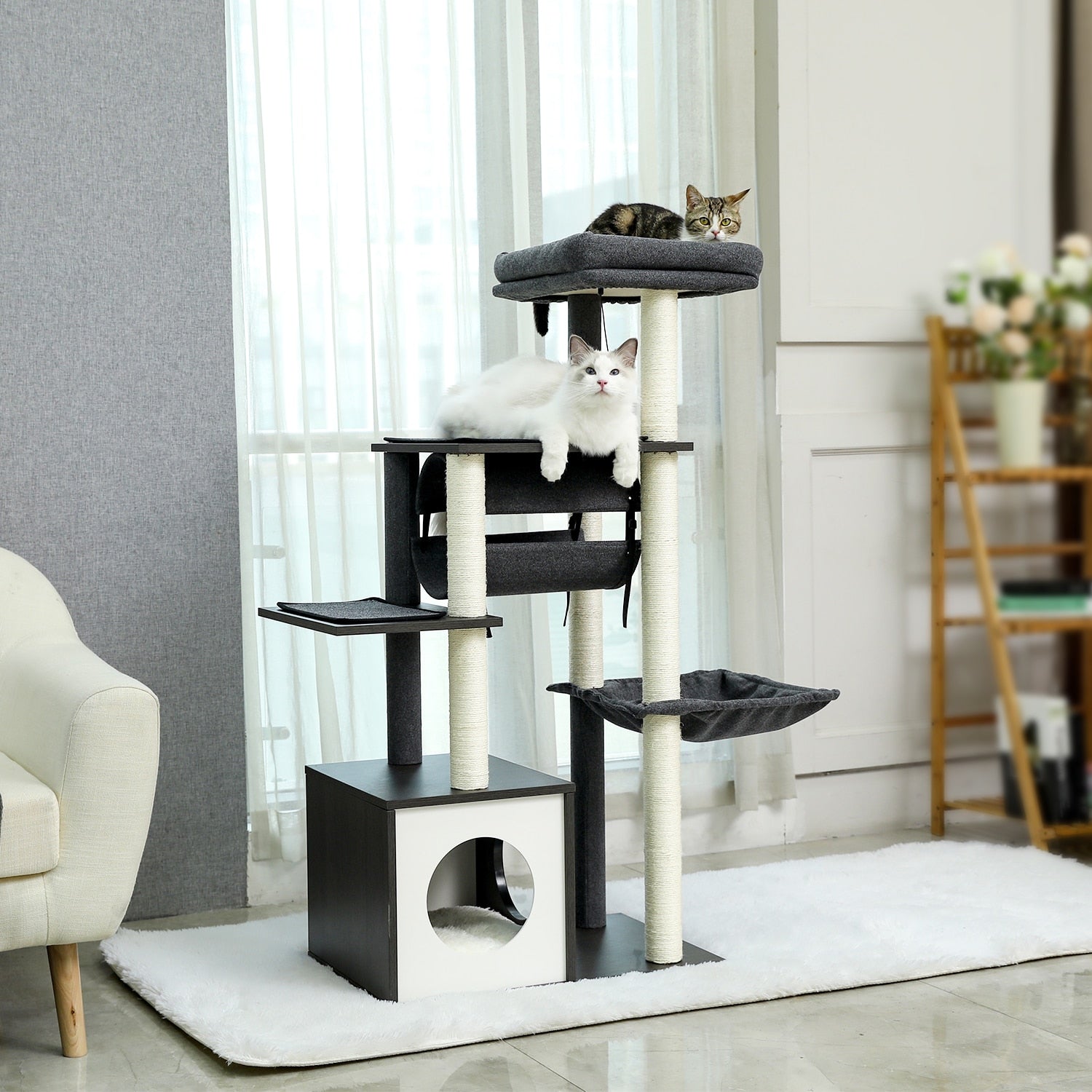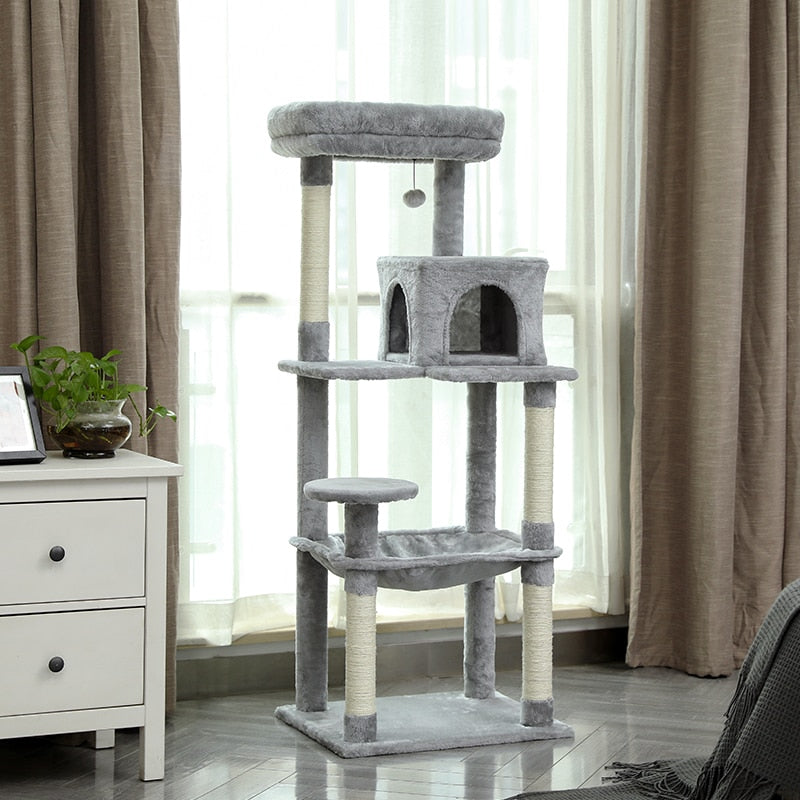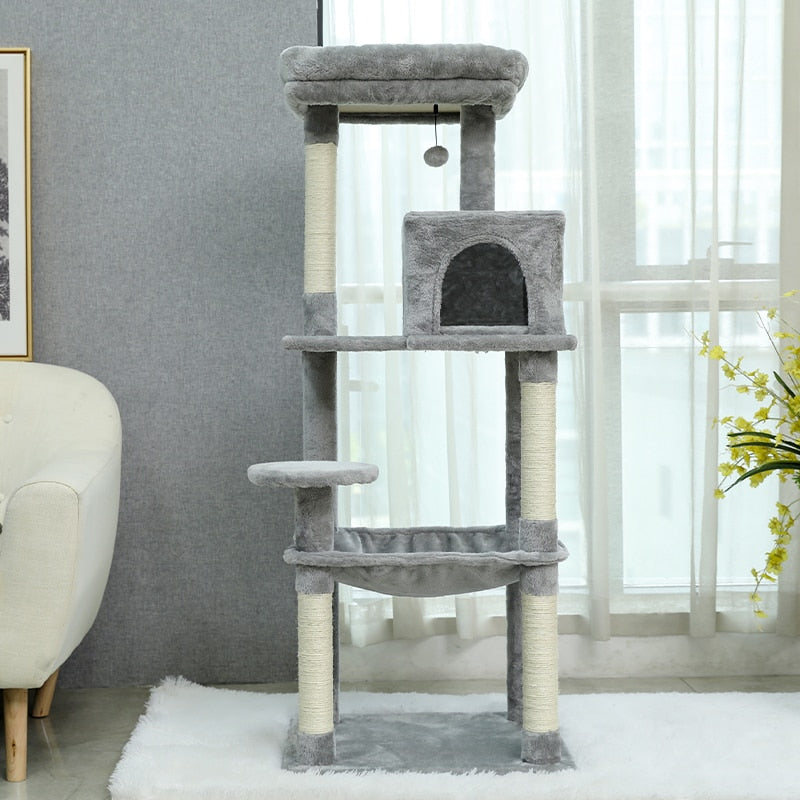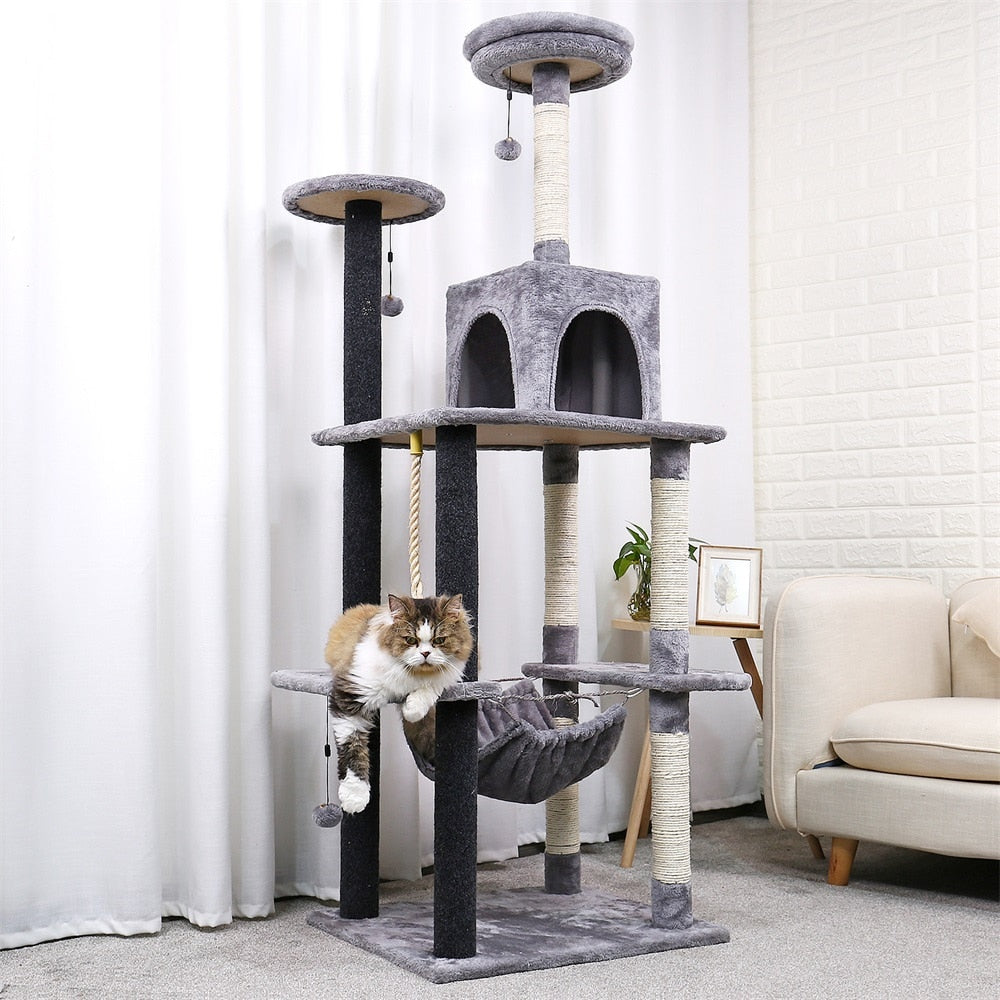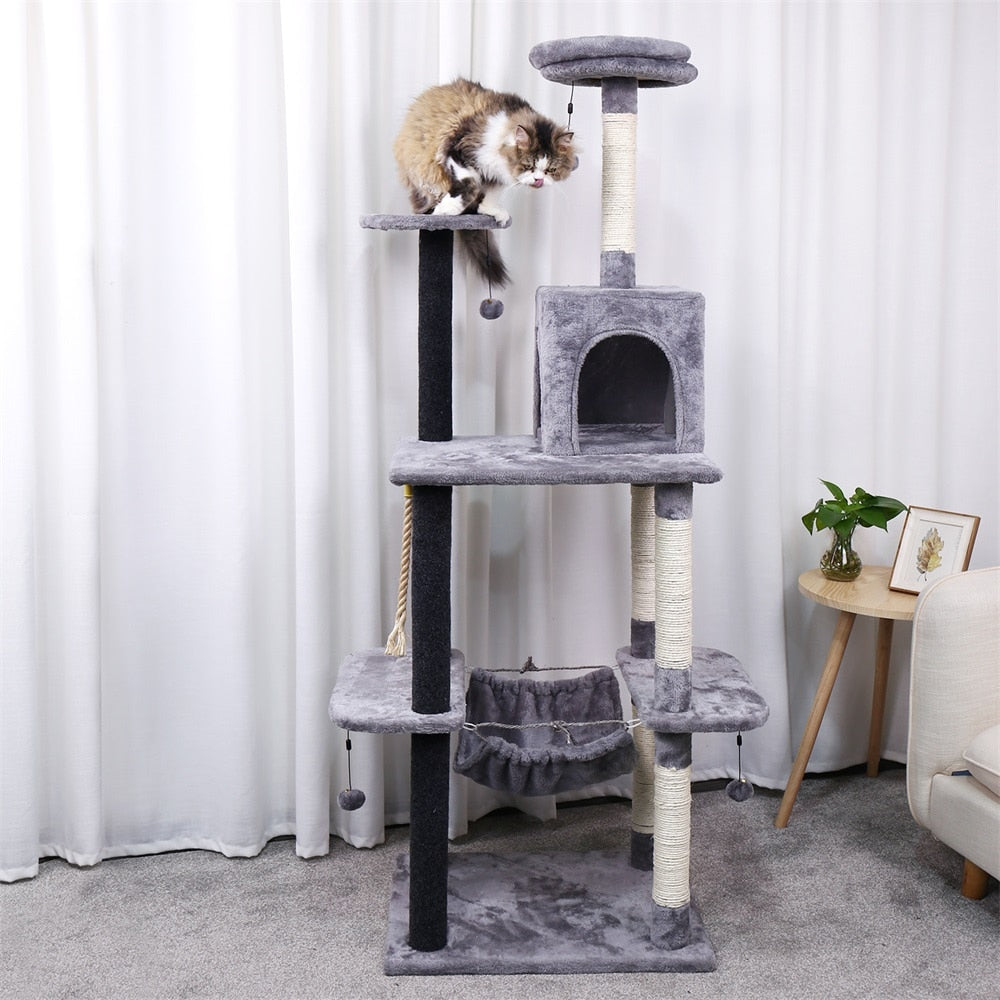Meowing Cat: Understanding Cat Meows

Does your cat meow all the time? Well know that there is a good reason for this. Meowing is a cat's primary means of communicating not only with its own, but especially with humans.
Your cat may meow to ask for food, or simply to show you his joy, his pain or even his sadness. And of course, the meows vary depending on the message the little feline wants to convey.
In theyou will find followingall the elements that will allow you to decipher and understand the message your cat wants to send you by meowing, as well as some tips to remedy unwanted meowing.
Why does the cat meow? The main causes of meowing
Usually, a cat does not meow for nothing. So, if you have just acquired a cat and notice that it meows a lot, know that it is possible that it is simply related to its nature. However, it is also possible that he asks you something, or it is his way of showing you that he is sick and that he is in pain.
The Cat is chatty by nature
As with men, some cats can be calmer than others, which is why you will find cats that meow much more often than others, meowing is one of the vocalizations that the cat can do. In addition, note that a cat's noise level is also highly dependent on its breed. This is how cats like Siamese, Sacred Burmese, Japanese Bobtails, and most cats of Asian origin meow more often than average.
He asks for something
If, beyond his chatty nature, you notice that your cat is meowing too much and insistently, it is possible that all his needs are not being met, and therefore he is asking for something. Basically, it is possible that your cat is hungry, thirsty, wants a hug, wants to go outside,…
He may be in pain.
Stress, anxiety and even boredom can push your little furball to meowing abnormally. But one of the most common and probable reasons is that the cat is suffering from an illness.
Listen to the cat's meow
Audio player
00:00
00:00
Use the up / down arrows to increase or decrease the volume.
Interpreting the meows to understand your cat
To be able to interpret the meows of your little feline, you just need to be very attentive to his gestures, and especially to the type of meow he emits.
The Different Types of Meows in Cats
- A soft, high-pitched meow usually expresses your cat's satisfaction and well-being.
- A long and insistent meow is used by kitty to express an urgent need such as to eat, drink water, go outside to defecate, ...
- A meow accompanied by purring expresses a search for affection on the part of the cat, or then is quite simply the sign of an excitement, for example at the sight of a prey.
- The cat uses a jerky meow to express annoyance or stress in a situation, such as when it cannot reach prey. This cry may be accompanied by chattering of teeth and wagging of the tail when the little feline is excited to catch prey, or when a male expresses the need to mate.
- The cat makes many other calls, such as hissing and growling when it feels threatened and becomes defensive. There are also howling, for example during a fight, and many other cries like cry of pain, involuntary cry, refusing to cry ...
Special case of yowling during mating season
there are also noteworthy that during the mating season, the female emits a more or less intense meow, similar to baby crying. The male's meow, on the other hand, is extremely low and hoarse, associated with screams and growls during mating season. It is a kind of signal that he sends to the female while threatening his rivals.
What to do about meowing?
If besides the normal breed-specific meows your vet finds perfectly healthy cat meows more than usual, all you have to do is determine the cause of the problem. Generally there are only 2 possibilities:
- Either he has a particular need and wants something
- Or it is a bad habit acquired over time.
Meeting all the cat's needs
You just have to make sure that all the basic needs of the cat are met: food, water, toilet, toys, cat tree with scratching post and other essential accessories available.
Also make sure that your cat can go out as he pleases if he is used to the outdoors, by installing a good cat flap. Finally, note that in addition to accessories, your cat needs a lot of affection and attention from you.
Review the cat's habits and use some tips
If despite all this your little furball continues to pester you with its persistent meowing, it is possible that the latter has adopted bad habits, and you will have to correct that.
You will have to re-educate your cat and especially avoid answering his incessant calls. To move it away from the door, you can use a water jet spray. If he is particularly anxious, you can also use synthetic pheromones which reassure and soothe the cat.

